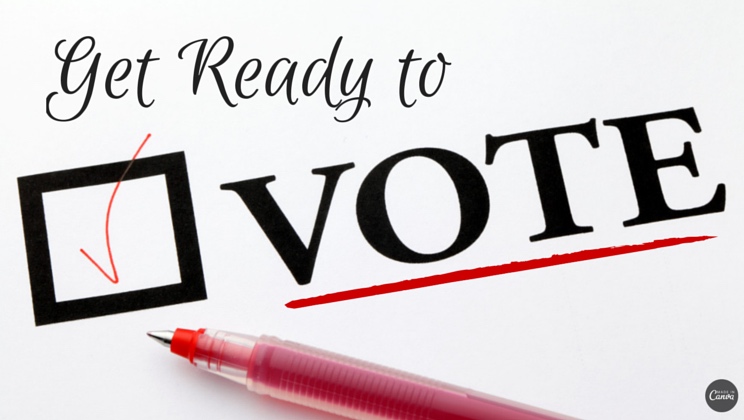
Florida is one of just nine “closed primary” states in the country. In this post, I’ll explain what that means, why it is important, and my “unorthodox suggestion” that you seriously consider affiliating with one of the two major political parties on your voter registration regardless of whether you share the party’s values and positions on issues.
Primary Elections
Through the primary election process, political parties decide which of their candidates for office will appear on the general election ballot in the name of the party.
Each State Decides
Each state decides how to conduct its primary elections. Primaries operate as closed, partially closed, partially open, open to unaffiliated voters, open, or two-two. See “State Primary Election Types” on the National Conference of State Legislatures’ website.
Florida as a Closed Primary State
In Florida, primary elections are “closed” in that only voters registered as a member of a political party on the date of a primary election’s voter registration deadline may vote in that party’s primary election.
To vote in the Democratic Party’s primary, you must be a registered Democrat; to vote in the Republican Party primary, you must be a registered Republican.
The intent of a closed primary system is to deter “crossover” voting by members of other parties and to exclude independent and unaffiliated voters from participating in a party’s nomination process. In those ways, it fosters a strong party organization.
If you are not affiliated with either party, you forfeit the opportunity to participate in narrowing the field of candidates for the general election.
My Unorthodox Suggestion
Every primary election’s political circumstances and candidates are different.
Rather than affiliate with a party for ideological reasons alone, I suggest you approach each primary election anew and choose the party to register with based on the circumstances at the time.
In a primary in which an incumbent of one party is running for reelection, your vote may make more of a difference in the opposing party’s primary, where you can help decide who will challenge the incumbent in the general election.
This was the case in 2012 when I first published my “unorthodox suggestion.” Democrat Barack Obama was the incumbent, and I suggested voters consider registering as Republican to vote in the Republican presidential preference primary (PPP).
It is also the case in 2020 when incumbent Republican Donald Trump is widely expected to be his party’s nominee. This time, voters may wish to register as Democrat to help narrow the field in the Democratic PPP.
In other partisan elections, both parties may have multiple candidates on the primary ballots, including incumbents running for reelection. In these instances, you have the opportunity to decide which party to affiliate with based on where you think your vote will make the most difference.
You may change your party affiliation at any time, for any reason, by updating your voter registration information. Do it before the voter registration deadline in order to vote in the primary of the party you choose.
Final Words
You have the right to vote in one party’s primary elections on each primary election day. Take advantage of every opportunity to participate in our democracy and have a say in who will represent you at every level of our government.
